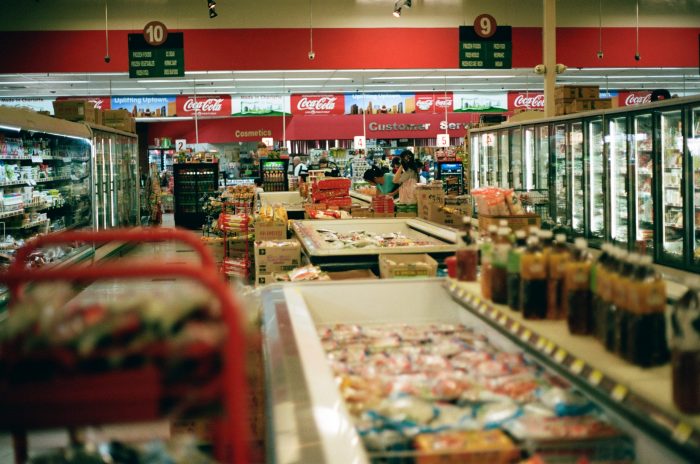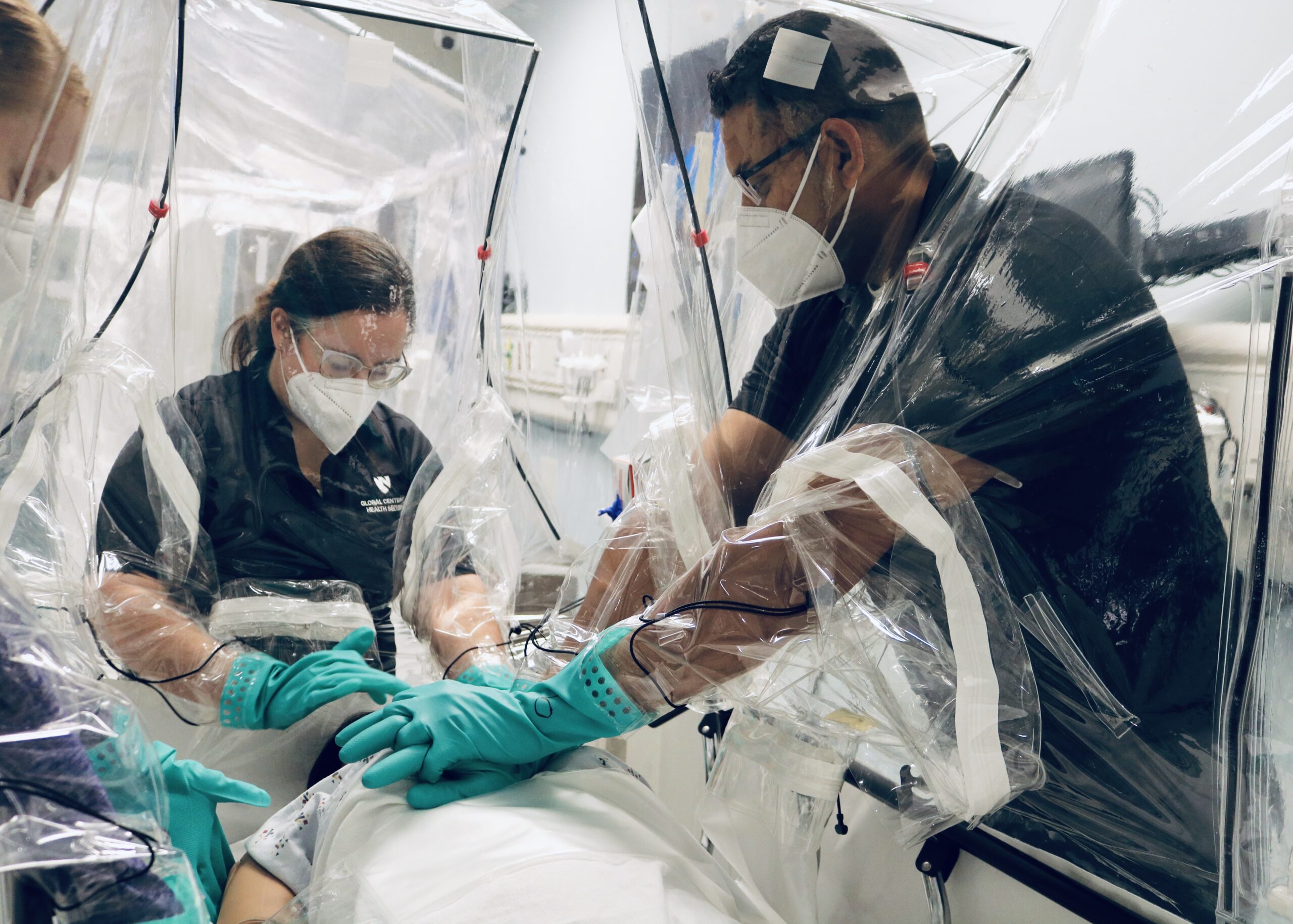Omaha ad-tech company Retail Aware has announced a new venture in partnership with Home Chef—the Chicago-based meal kit and food delivery business—to deploy its network of sensor devices in up to 2,000 Kroger stores nationwide.
The move should allow Kroger – which owns the Home Chef brand – more granular control over its in-store shopper insights, providing key customer data such as where, physically, its customers stand, and for how long, while inside the grocery store.
It’s part of what Keith Fix, Founder and CEO of Retail Aware calls “the shifting relationship of what brick and mortar looks like post-Covid,” where increasingly, “brands need data to make decisions about what works in the store.”
“Brands and retailers were [already] really good at following the customer to the store . . . and then post-transaction because we’ve got the transactional data,” said Fix, CEO of Retail Aware in an interview with SPN earlier this year. Yet “real-time shopper data just didn’t exist at the shelf level.”
“It’s this middle area here which, surprisingly, is the most important moment,” he said. “We call it ‘the moment of truth,’ when you’re standing in front of that fridge and you pick up, you know, Miller versus Budweiser. That global data set didn’t exist.”
“This data is really, really valuable, and pretty proprietary,” says Fix. It’s made possible through a combination of in-store sensor networks, third party data, and partner sales data. The sensors, based on patent pending technology, are camera-less. Instead, one kind of sensor keeps track of stock by using what appears to be a simple light sensor, to detect motion on the shelf directly below the sensor, allowing stores to measure metrics like customer engagement and dwell in real-time, without the computational overhead associated with computer vision approaches, nor the logistical complexity of affixing NFC tags to each and every piece of merchandise.
Other analog sense data provided by Retail Aware includes vibration detection and changes in temperature, which is integrated with other sensors that log data about nearby devices (smartphones, etc.) to enable advertising tactics such as retargeting. If you’ve ever spent a panicked 10 minutes disabling microphone access to every app in your phone after seeing a seemingly impossible Instagram ad, this is probably how it happened.
While some researchers have criticized the logging of this type of data as privacy invading, and others claim to prefer the “rapid passage through varied ambiances,” to an endless onslaught of A/B tests that slowly erode away the psychogeographic contours of the manufactured environment, is it really that bad?
Maybe, maybe not.
After all, this same technology allowed Covid-19 contact tracing. And brands like Retail Aware are already discovering new ways to leverage the mass proliferation of sensors to benefit public health and safety, such as the safest time to go grocery shopping, so potential privacy tradeoffs might be worth it.




